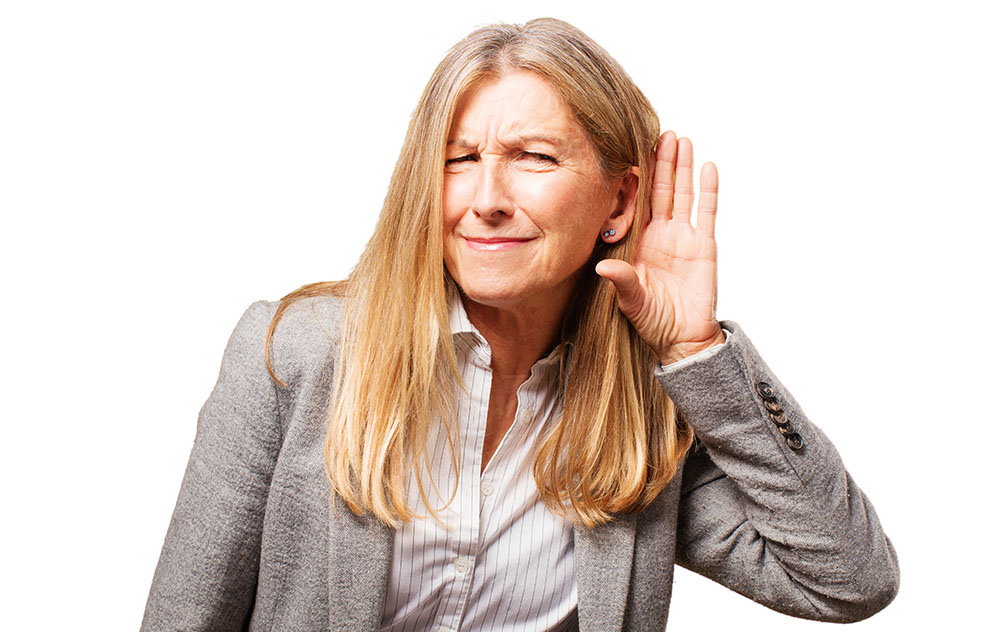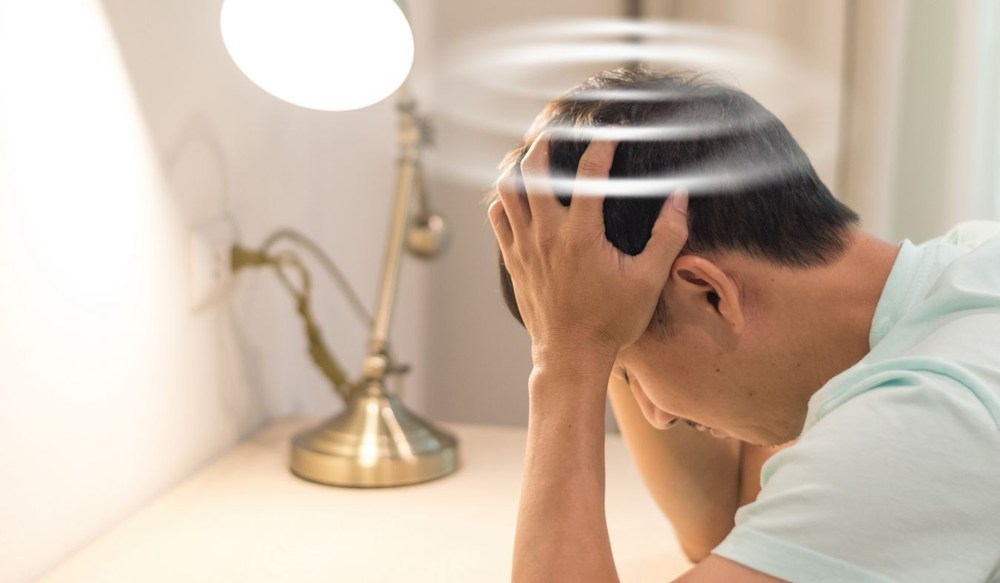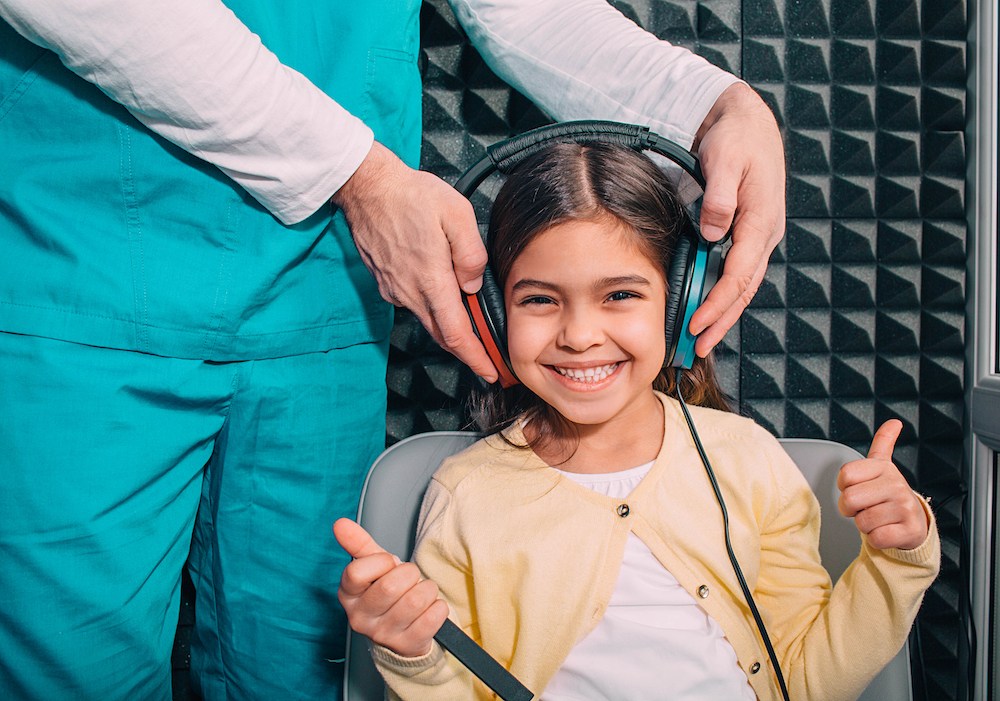What Treatments are Available for Tinnitus?
Have you experiences sounds like ringing or whirring, and other times


Have you experiences sounds like ringing or whirring, and other times

When it comes to assessing your hearing, you may have heard the terms

Hearing aids are a great way to manage hearing loss, but like any device,